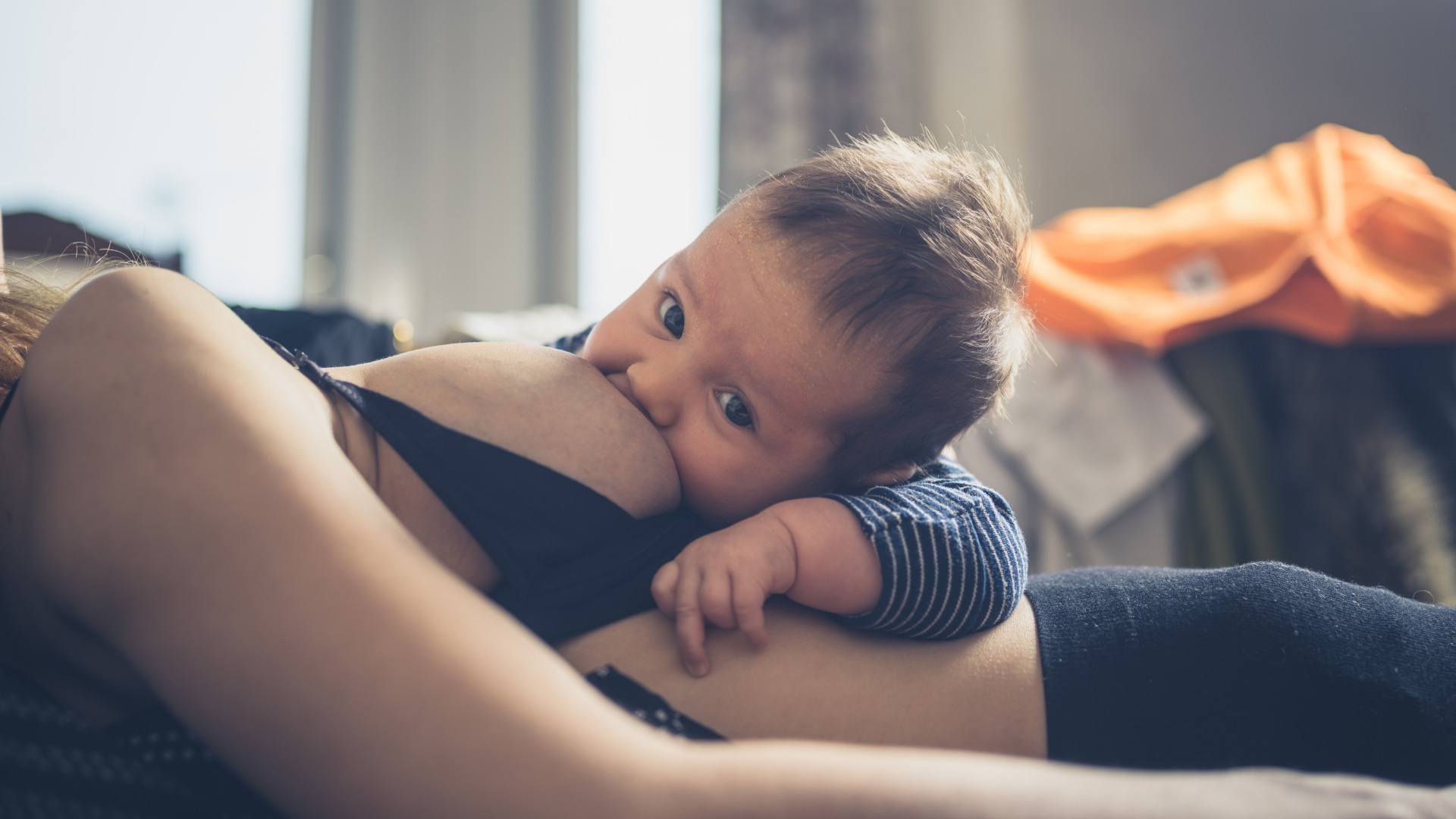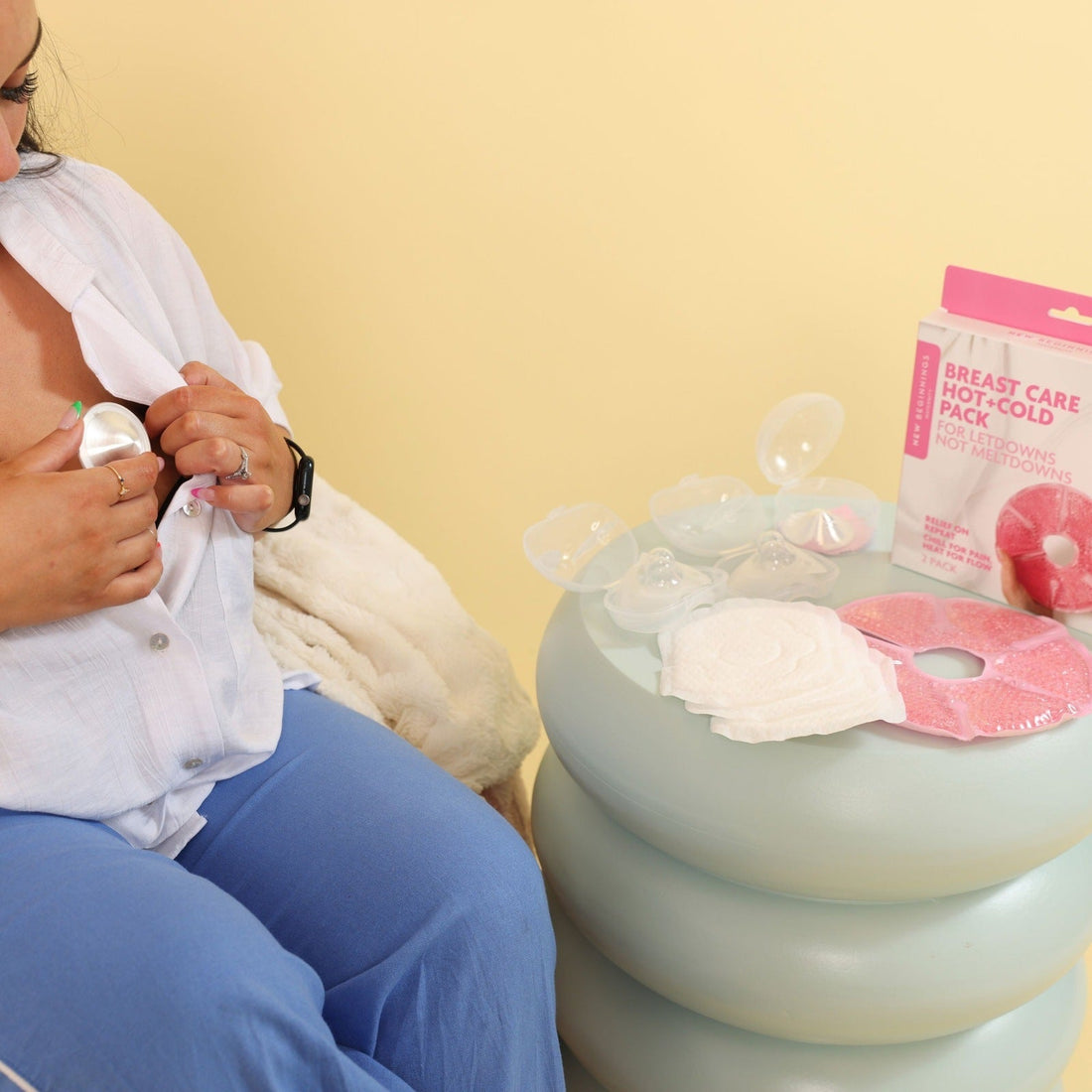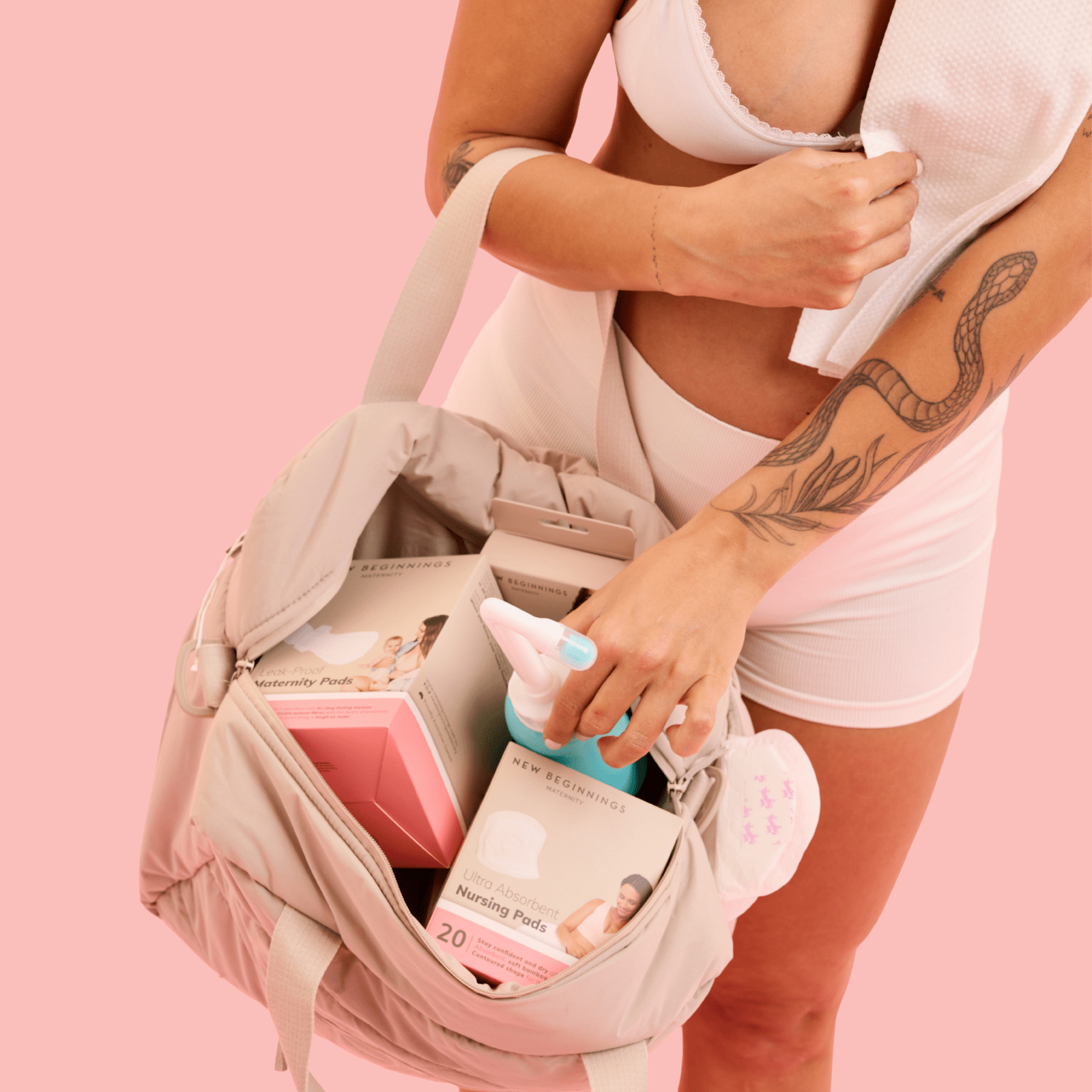What is newborn cluster feeding?
If it seems as though your newborn won’t stop feeding, no matter how often they are fed, it could be they’ve entered a phase called cluster feeding. Newborn cluster feeding is when your new arrival starts eating in batches (or ‘clusters’), and the pattern is pretty easy to pick: you’ll notice your newborn constantly rooting, fussing, resting and feeding for hours on end.
Are you struggling with nightime feeding? Visit our guide to how to make the overnight feeding process easier and more manageable.
What is cluster feeding?
If you have a newborn feeding every hour, or your new arrival is having lots of short feeds close together over the period of a few hours, this is baby cluster feeding. You might also notice they have very short sleeps between these feeds, they pull off the breast after only a few minutes, and that they are particularly fussy straight after draining both breasts. Cluster feeding is a normal process, though one that can leave new mums physically and emotionally drained.
Why does my newborn eat every hour?
While the exact reason for cluster feeding isn’t known, it may be to do with boosting a new mum’s milk supply. However, it’s important to remember that your baby cluster feeding doesn’t necessarily indicate that your milk supply is dwindling. It’s simply that newborns instinctively know that feeding roughly every 20 minutes is the best way to trigger mum’s body to produce even more milk. So the more they feed, the more milk you’ll produce.

When does cluster feeding typically occur?
Cluster feeding usually happens at the same time as your baby’s major growth spurts – most commonly, you’ll notice a baby starts cluster feeding 3 weeks after birth and then again at 6 weeks, right at the time when they need extra energy and nutrients for growth. Cluster feeding also often happens when your newest family member starts to sleep more at night – meaning that, when they wake up, they’re extra hungry! However, the process can start only a few days in, so you may find your 1-week-old cluster feeding, too.
Most new parents find cluster feeding happens in the late afternoon or evening, and while, again, the reasons aren’t known, it’s thought it may be due to bub being overtired and turning to nurse for comfort and relaxation. Cluster feeding at night can also help your baby fill up before bedtime when milk supply is naturally a little lower than in the mornings.
Cluster feeding with formula
Yes, your formula-fed baby may still need to cluster feed! Babies digest breast milk faster than formula, so formula-fed babies tend to feed less often than their breastfed counterparts, but all bubs go through the same growth spurts at around the same time and have the same dietary needs. Cluster feeding formula-fed babies follow a similar pattern as breastfed babies, however, don’t be alarmed if your bottle-fed babe doesn’t cluster feed voraciously – it’s possible that the interval between a formula-fed baby’s feeds won’t change too much and they’ll just want to drink a little more formula than usual during feeding.
How long does cluster feeding last?
Having a newborn constantly feeding can be frustrating, exhausting and stressful – but while it can seem like having a newborn cluster feeding all night will last forever, we promise it won’t! In fact, cluster feeding sessions rarely go for more than a couple of days at a time. However, if your bub is cluster feeding for more than a week, it’s important to check their weight and speak to your paediatrician, as they may not be getting enough kilojoules.

When does cluster feeding stop?
The question almost every parent wants to answer when their baby is going through this stage of development is, “When will my baby stop cluster feeding?”. Generally speaking, babies grow out of cluster feeding by the time they’re around 3 or 4 months old. But if you’re wondering, “Do babies cluster feed at 4 months or older?” the answer is… sometimes! Older bubs may still cluster feed, particularly if they are sick and seeking extra comfort or going through another growth spurt (often around 3 months and 6 months). However, it’s rarely as intense or all-consuming as during those early weeks.
Tips for newborn cluster feeding
This can be a challenging time for new parents, but it won’t last forever. Newborn cluster feeding can be tiring, both physically and mentally, but remember, it is no reflection on your ability to breastfeed – this is an entirely normal part of a baby’s feeding routine and development.
To support yourself during this time, try to rest early in the day if you know you may be in for a tough night, eat well and drink plenty of water. Turn to your partner, family and friends for support if you are struggling. If you have any concerns about your baby’s feeding, speak to your doctor or paediatrician, or even seek out the advice of a lactation specialist.

Cluster Feeding FAQs
When do babies cluster feed?
There is no set cluster feeding timeline, as every baby is unique, of course – but typically, cluster feeding happens:
- A day or two after birth
- When your baby is 2-3 weeks old
- Again at 4-6 weeks old
- At 3-4 months of age
When does cluster feeding occur?
Typically, cluster feeding happens in the late afternoon to evenings. It’s not known precisely why, but it may be due to the baby being overtired and overstimulated at the end of the day, or it could be because milk supply is lower at this time of day.
How long does baby cluster feeding last?
Cluster feeding lasts for a day or two – if it continues for longer than a week, consult your healthcare professional. Most babies stop cluster feeding altogether after about 3 or 4 months, although they may do so again during other growth spurts as they get older.
Struggling with how to best manage breastfeeding in the summer? Explore our Guide to Keeping Mum and Bub Cool and Hydrated for tried and tested mum tips and tricks.







